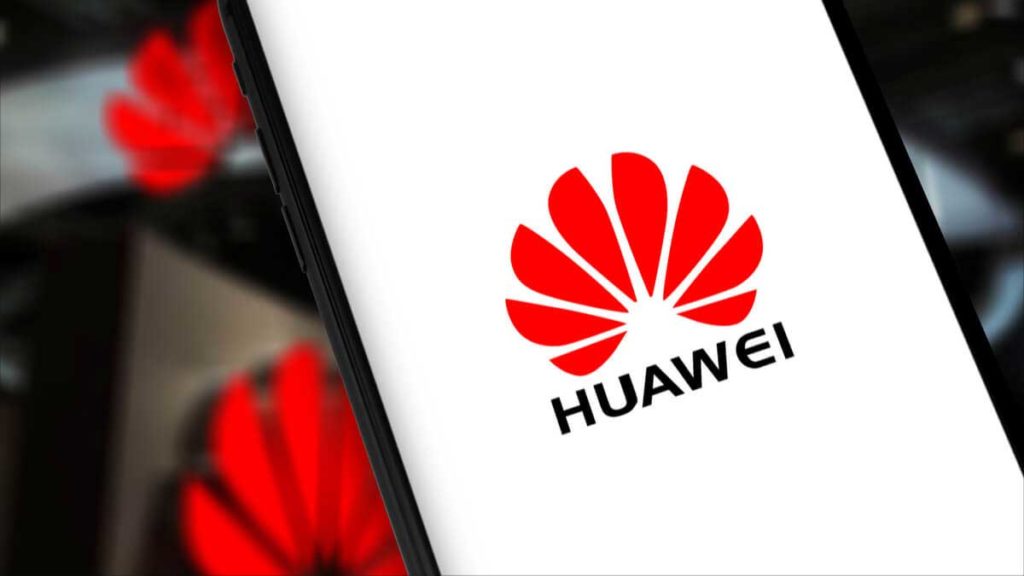Huawei – claiming manufacturing prowess

When a new smartphone model is introduced to the market, we wait in anticipation to test its advanced technology and user-friendly features. The consumer experiences an impressive end product that is attractive, efficient and durable. However, the journey of a smartphone from factory floor to consumer is complex to say the least. In general, the success of a mobile device is determined by how well the phone is built, whether it can be delivered to market on time, and whether the company can satisfy changing consumer demand. With that said, it’s pretty clear that this highly-competitive industry is not for the faint-hearted.
In April, Huawei was ranked ahead of the competition as the world’s largest smartphone manufacturer, despite the US embargo.
Counterpoint Research suggests that Chinese tech giant ranked first in the industry by increasing its market share to 19 percent on a April basis, with Samsung ranking second with 17 percent in the same period.
One of the reasons for Huawei surpassing Samsung, has a touch of irony. The ban on Huawei and being blacklisted by the U.S., actually stirred strong nationalist sentiment and patriotism in China, resulting in Chinese users purchasing its products. The lockdown measures taken in countries all over the world like the U.S, India, Latin America, and Europe also resulted in weaker sales numbers for Huawei’s rival, Samsung.
Some of these countries reported zero/very poor smartphone sales since the lockdown in March, while business activity resumed in China that same month, giving Huawei a rare and brief opportunity to overtake Samsung’s numbers.
However, the lack of Google Services on Huawei’s new smartphones and partnership with US companies damaged sales’ numbers outside of China.
Regarding 5G, the company claims that it is leading the race for 5G and that it is more than a year ahead of the rest of the industry in terms of deployment. Huawei is the only company providing end-to-end 5G systems, including both wireless base stations and self-developed antennas and chips.
“We have signed 50 commercial contracts and signed cooperation agreements with more than 50 partners. We have shipped more than 150,000 5G base stations across Europe, Asia and the Middle East, “according to the technology company.
Debate has been luring around in the UK about giving Huawei authorization to spread 5G in the country, finally deciding to let it continue to be used in its 5G networks but with restrictions.
